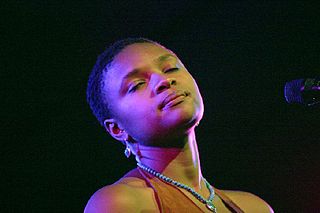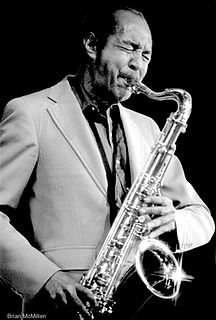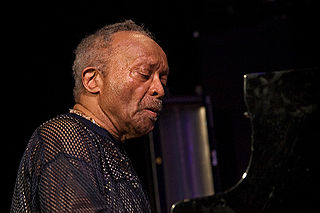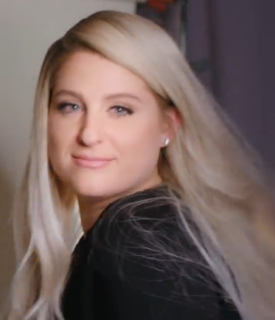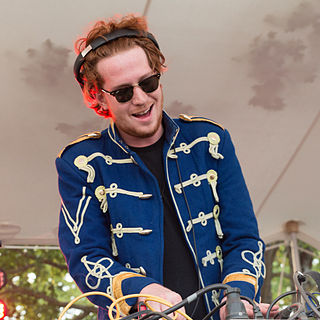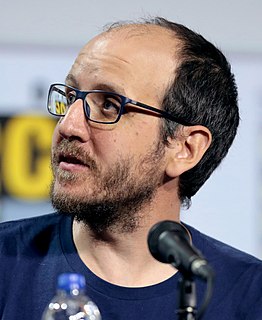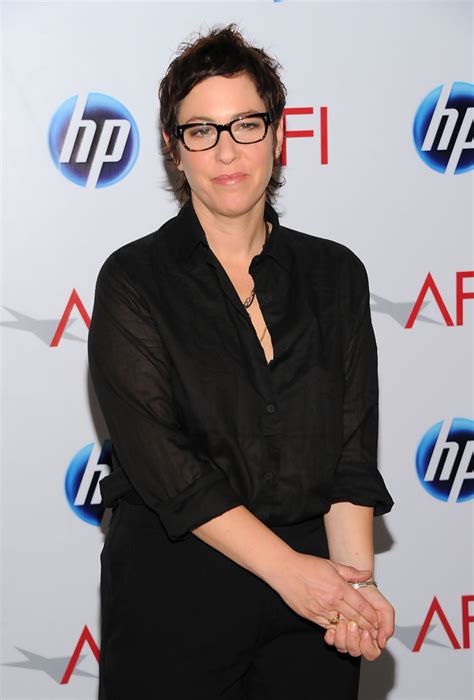A Quote by Lizz Wright
I never left jazz. The relationship between structure and improvisation - that constant conversation and tension - I've always wanted in every genre and song that I perform.
Related Quotes
That's what it is-it's jazz. It's just jazz. That's what the whole thing is about to me. It's about what's happening right now in this context. This conversation is jazz to a certain extent. It's improvisation. What appeals to me about music is the improvization. That's what I don't like about the media-they're not living it.
I have always loved jazz music and as a teen growing up in New York City and then later on as an adult have great memories of the jazz clubs that were all located on 52nd Street. I still catch as many jazz shows as I can when I am in New York. And when I perform, I have my jazz quartet by my side. Jazz musicians keep things spontaneous and very "live," which is the way I like to perform.
I kept on buying records and listening to them. Finally, I was able to hear the relationship between the jazz improvisers' solos and the underlying structure that it's based on, the chord progression. That was pretty easy to do in the swing era, y'know, when jazz was, like, pop music, you know. It had made the charts and everything like that.
I'm no longer beholden to the sacredness of the recorded song as some kind of ultimate standard by which every performance of the song is measured. I like to diversify, that there are multiple versions of every song. And the songs incorporate a lot of improvisation, and an element of chance, and I think that's exciting. There's no one true formulation of a song, they have various manifestations depending on the space we're in. I like that.
